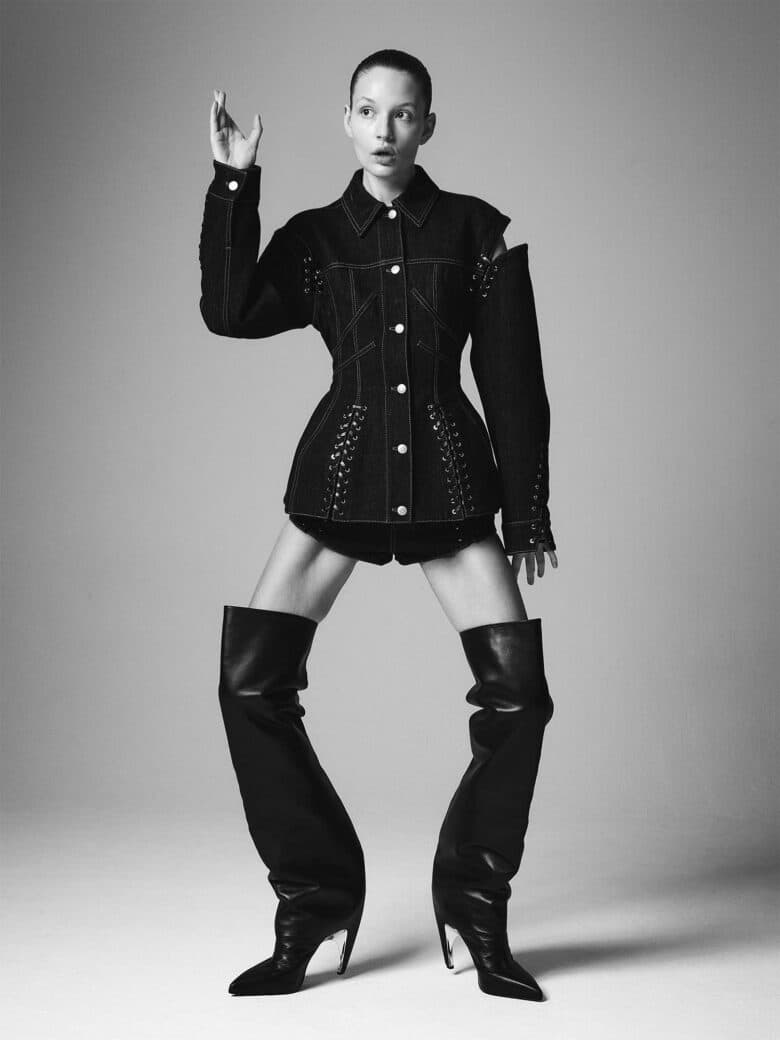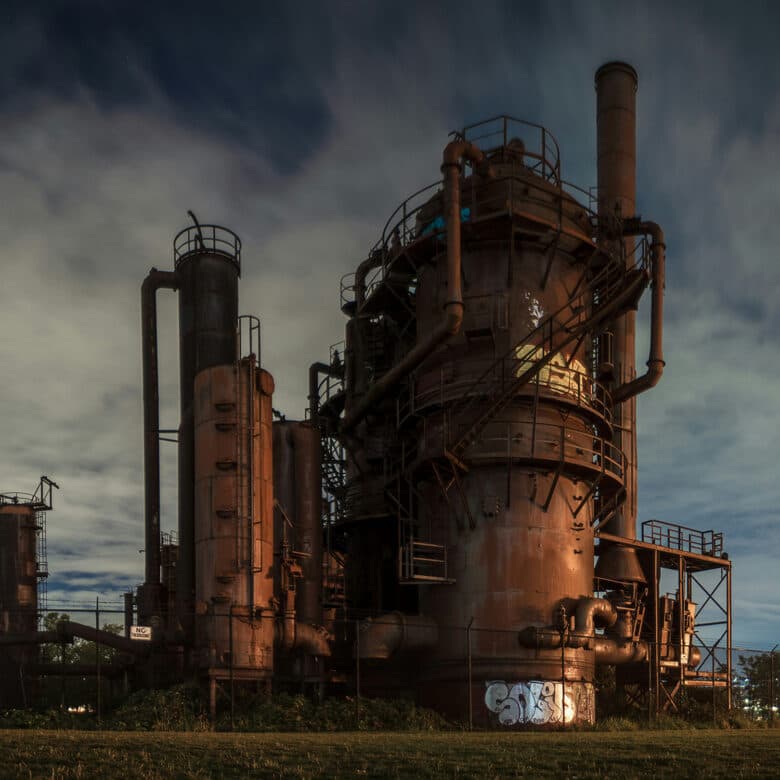“We must end gender-based sexual violence in Ethiopia”

Ethiopia is a rich and beautiful multiethnic, multicultural and multi-religious society. However, the war that erupted in November 2020, between the government and forces in the Tigray region, has left the country in a terrible humanitarian crisis that has largely been hidden from the world. Thousands of people have been killed, 350,000 others are experiencing famine-like conditions, and women have been severely affected.
In 2020, at the age of 28, I became the first Somali Ethiopian and the youngest cabinet minister to be appointed to the Ethiopian government. Serving as minister for women, children and youth, I became the first leader to break intersectional layers of oppression being a young, Somali-Muslim woman, and I vowed to use my power to advocate for victims of gender-based sexual violence.
Women make up half of the population in Ethiopia, with 80 per cent of them living in the countryside and taking part in farming labour within their communities. Their contributions are rarely acknowledged and men often hinder access to resources and community participation. Shockingly, one in every three women experiences sexual, emotional or physical violence, 65 per cent of women suffer female genital mutilation, and only half of the girls who enrol in primary school make it to grade five.
Serving in cabinet was an invigorating experience that came with its own set of challenges. When I was tasked with documenting one of the most hidden atrocities committed against women, I was barred from releasing a report on a task force that would reveal the perpetrators and bring the gravity of the situation to light. I tried to work within the system to help women and girls, but any request for assistance and funds was ignored. I came to an understanding that the system works against women.
I reacted the only way I know, despite the political cost – I resigned from my post. It was impossible to continue to work with the government. I could not trade my humanity and I couldn’t stand by as a magnitude of women and children were being targeted by uniformed soldiers.
A recent report from the UN International Commission of Human Rights Experts on Ethiopia revealed that crimes of sexual violence, including assault and rape, have been perpetrated on a massive scale since the war began. It states that Ethiopian and Eritrean forces and regional militias have been targeting Tigrayan and Amhara women and girls, as well as Eritrean refugees, with violence and brutality. Survivors from
all camps have faced devastating long-term implications, including unwanted pregnancies, trauma and sexually transmitted diseases including HIV.
In 2021, 53 Ethiopian government soldiers were accused and tried for killing and raping civilians – but they have never been sentenced. This has become an all-too-common story. Ethiopian women and girls have been failed by all trusted international protective agencies and organisations, and their humanity has repeatedly been ignored. They have been the first to be affected by this conflict and the last to be remembered.
I welcome the recent agreement and ceasefire between the Ethiopian government and the Tigray People’s Liberation Front (TPLF) to end the disastrous two-year armed conflict. In contrast, conflicts in other regions such as Amhara, Oromia, Gambella and Benishangul-Gumuz have got worse. Warring parties must be pressured to sit down for negotiations and not target civilians. I urge the development of accountability mechanisms to guarantee the end of this horrific chapter and bring sustainability, lasting peace and harmony to the Ethiopian people. I call for transitional justice and reconciliation for victims of war, especially female victims of conflict-related crimes.
Still, the current geopolitical crisis around the Russo-Ukrainian War has shown us that the international community has the political will and tenacity to make a difference, and they must take decisive actions for the safety of women and girls in less economically developed countries too.
In June 2022, after relocating to the UK, I founded the Horn Peace Institute – a platform for professionals and stakeholders in the advocacy for peace, conflict, security, democratic reforms and mediation. Our focus is on the rights and representation of women and young people in the Horn of Africa. It’s essential that their fundamental human
rights are respected, that political gender is achieved and that there is an equitable distribution and allocation of economic resources to level the proverbial playing field between men and women.
We must remember that women are the fabric and glue that holds society together. African countries need to understand that their most untapped and precious resource is their women. It is better and easier to build a nation with two hands rather than one. We are the mothers of the generation to come and the mark we leave today will have an impact on young women leaders in the future. I implore women and their allies to stand in solidarity with Ethiopian women.
To learn more about the Horn Peace Institute and to make a donation, visit hornpeace.org
Taken from HUNGER Issue 27: Call to Action. Available to buy here.


